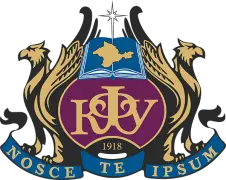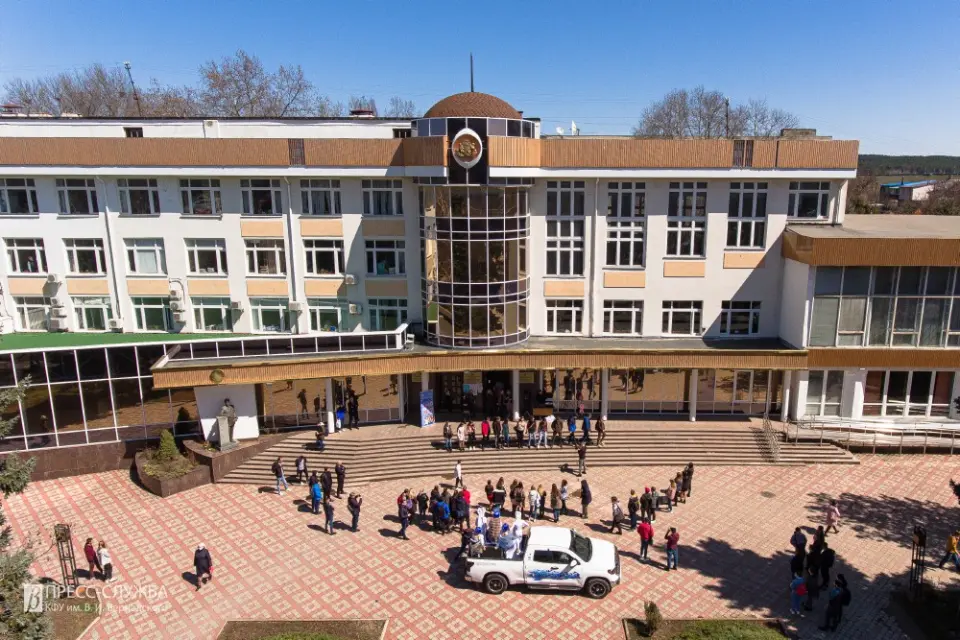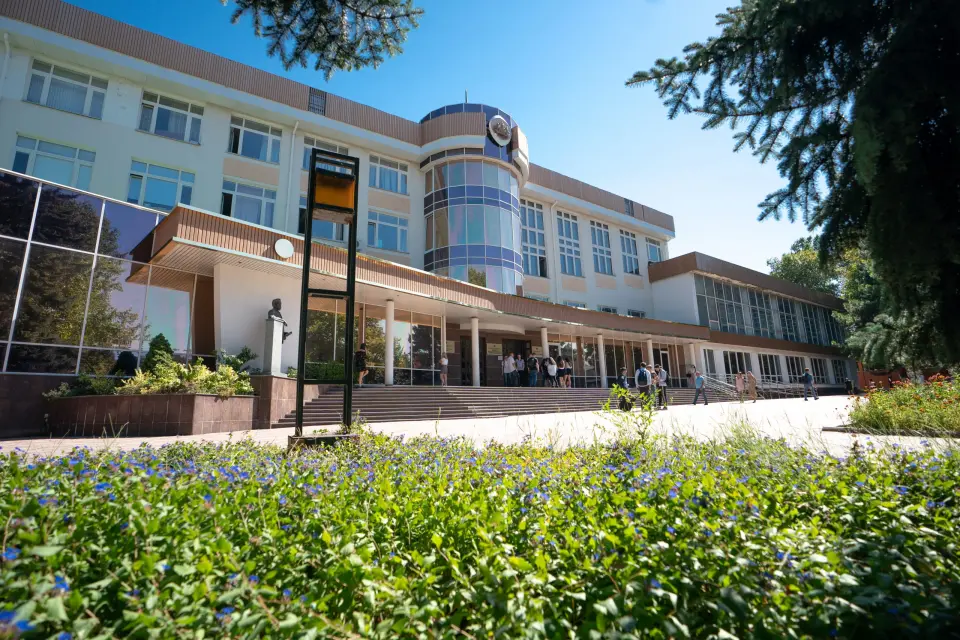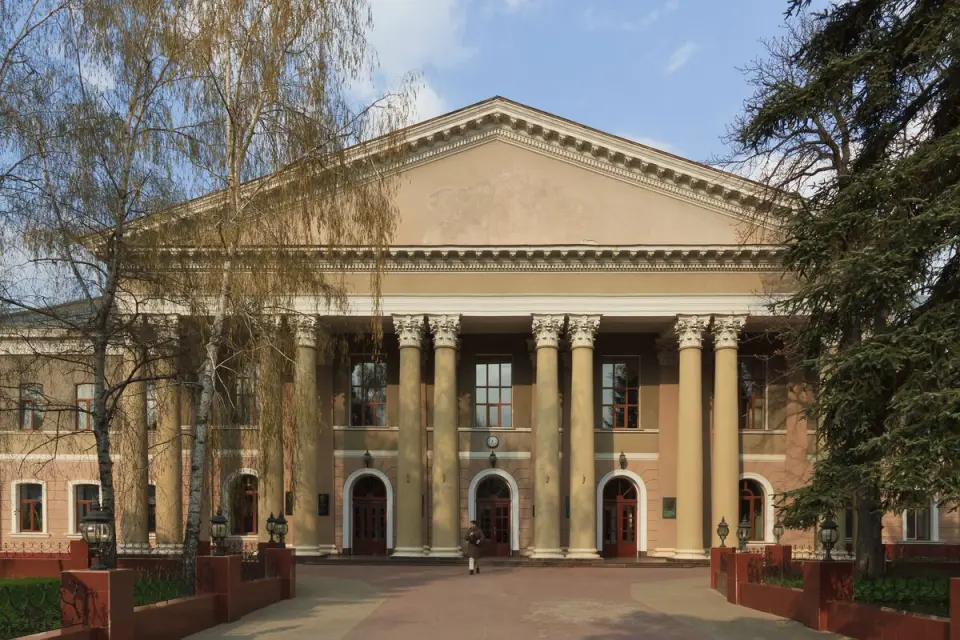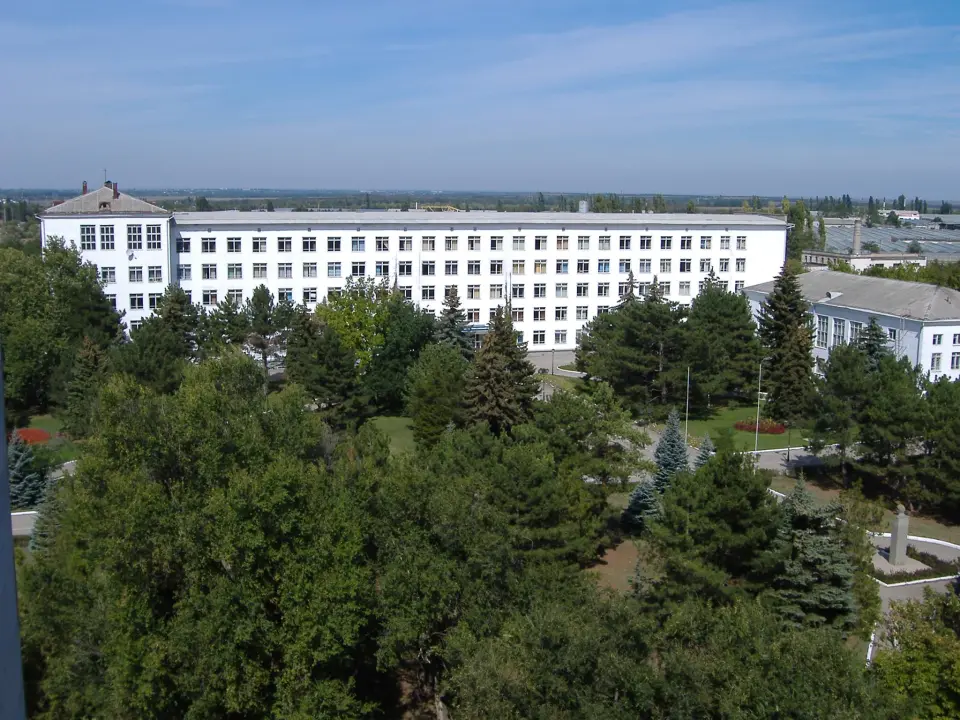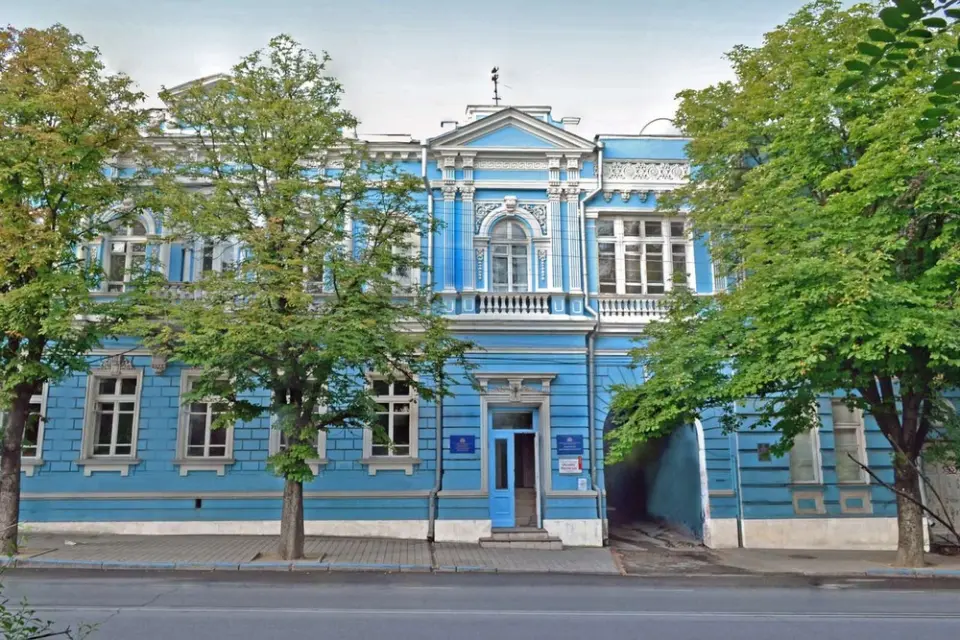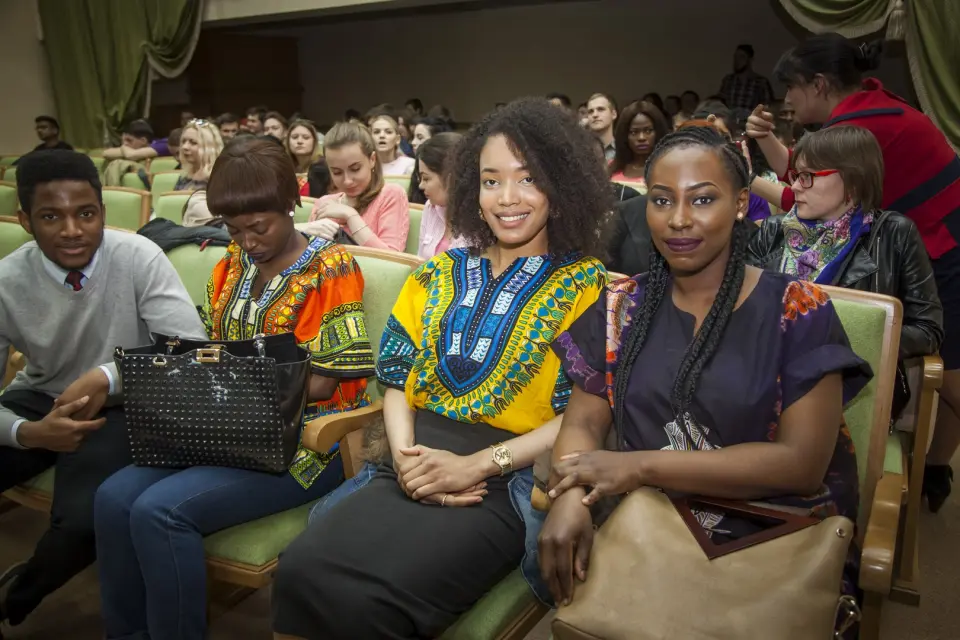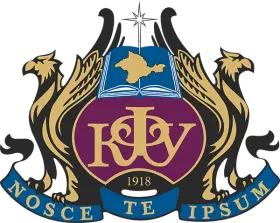About the training program
Training direction - Medical Biochemistry. The program combines deep theoretical training with practical skills necessary for successful work in modern medical biochemistry. The educational process combines the study of biochemical disciplines and biomedicine, forming scientific thinking with subsequent integration into fundamental and clinical medicine. The program provides the opportunity to obtain additional qualifications in the cycle of clinical and professional competencies. These qualifications will allow trainees to expand their professional horizons and increase their demand among employers.
















